Challenging Covid’s tyranny came at a heavy personal price
My life was turned upside down when I suggested we might be overreacting to Covid-19 – sparking a torrent of threats.
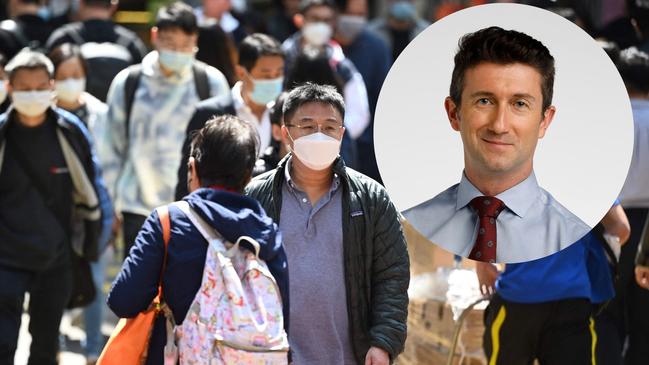
The column triggered a torrent of hate mail that lasted well over a year, and I began to receive persistent and violent threats. I was forced to change my name on social media accounts and my parents became seriously worried for my safety. Some of the attacks were so awful, I considered taking legal action.
It was less than a month after England’s chief health officer, Chris Whitty, explained at a press conference that Covid-19 was not a particularly lethal virus, many wouldn’t get it, and of those who did the vast bulk wouldn’t know they had it, or suffer only a “mild to moderate” illness at worse.
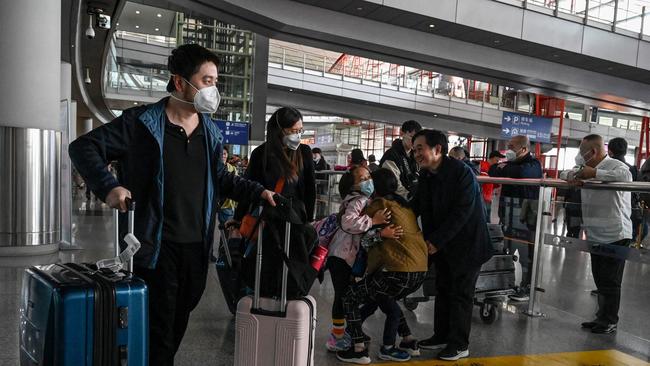
Those facts never changed, but it was too late. By mid-April, our ostensibly civil and rational society had lost its mind, consumed by an insidious culture of consent.
All that mattered was stopping the virus – which most of us ended up getting at least once – and to hell with the human rights, social and economic costs, or earlier pandemic plans.
“Perhaps a hysteria has gripped the nation … the hankering for total lockdown was being cheered on largely by those who would be relatively unaffected by it … the costs will be profound,” I wrote, in what was the first of many criticisms that followed.
But I couldn’t have imagined back then just how damning the data would become, as a new book by Toby Green and Thomas Fazi, The Covid Consensus, now makes clear.
The benefits of our authoritarian response proved so meagre, the costs so enormous – including the inflation we’re still enduring – the last few years must qualify as the biggest public policy disaster outside of wartime.
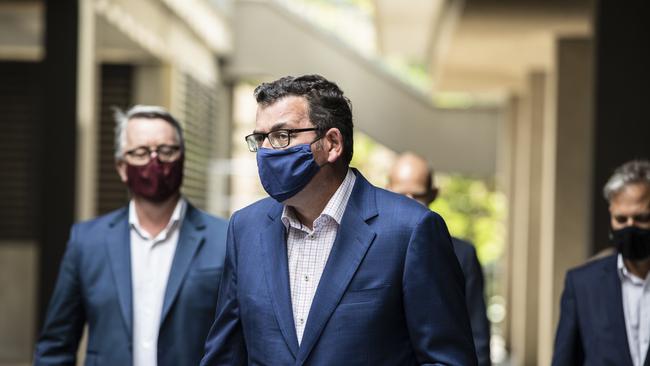
Australian governments sprayed the best part of half a trillion dollars of public funds against the wall; not to mention the disruption they caused to ordinary lives in the community.
According to OECD data, we ended up with around the same or even a greater number of excess deaths over the last three years as Sweden, a country that was relentlessly attacked for allowing its people to maintain normal lives, with a similar rate of urbanisation and development to Australia.
“I thought Sweden would have higher excess mortality but less economic and social damage, but it had a lower mortality as well,” noted British science writer Matt Ridley last month, after it became clear no matter how the statistics were cut, Sweden emerged with relatively few excess deaths; indeed fewer, or around the same, as Australia.
“Quite astounding: Sweden took a lot of flak for its Covid-19 policies but actually it has done best in Europe,” added Danish environmental analyst Bjorn Lomborg.
On some measures, Sweden did better than any other developed nation on excess deaths. If there is a greater humiliation of experts in modern history, I’m yet to hear it.
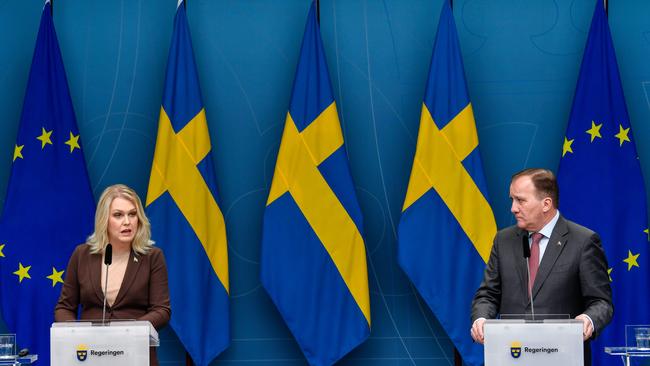
The same was true in some parts of the US, which for political and constitutional reasons, managed to resist the zeitgeist, recording the same, or fewer deaths than other jurisdictions, without the destructive madness.
Historians will not look back at the figures of how many died from or with Covid-19. Instead they will look at excess deaths, the number of deaths compared to what might have been expected.
But the coup de grace must belong to China, whose policies in Wuhan inspired many governments to junk their pandemic plans, which had previously emphasised keeping calm and running societies as normally as possible.
In 2020, China’s response was widely praised, based on the CCP’s own dubious Covid-19 figures. But the country’s lockdowns spectacularly failed to contain the virus, and appeared to make little difference when they were ultimately lifted – to the disappointment of those desperate to keep the flame of authoritarianism alive.
Liberal democracies failed miserably during the pandemic, as our institutions, media, academia and bureaucracies careened into hysteria and authoritarianism, trashing human rights and traditional medical ethics over a virus that our grandparents would’ve barely noticed.
You can only imagine what a slightly more lethal virus would have done. As a society we are far less rational and free than we claim.
The gap between our civilisation and China’s has shrunk markedly, too, as government institutions worked hand-in-hand in the US (of all places) with social media companies to suppress dissent and bolster the “the science”, which turned out to be wrong on almost everything. The pandemic response in Australia and elsewhere was a harbinger of a totalitarian future that surely none of us want to encourage.
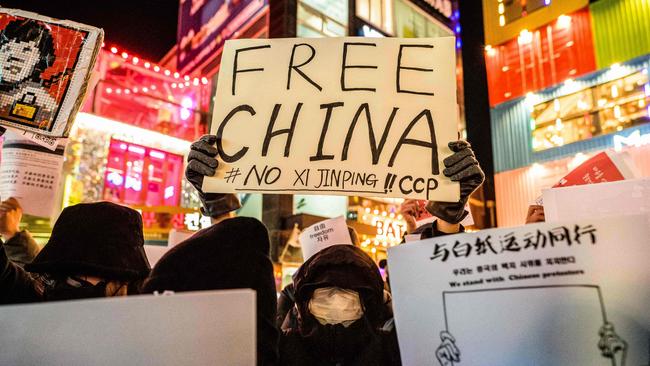
In my view, those deserving the greatest contempt are the tenured academics and senior public servants who, unless they were mentally deficient, must have known from a very early stage in the pandemic that “the measures” were failing, but continued to cheer them on anyway.
Only an honest evaluation of the gigantic errors of the past can steel us against a repeat of such extremism.
It is fitting, then, to quote the 17th-century Swedish statesman, Axel Oxenstierna, who once commented: “Do you not know, my son, with how little wisdom the world is governed?”
If we didn’t know then, we certainly do now.



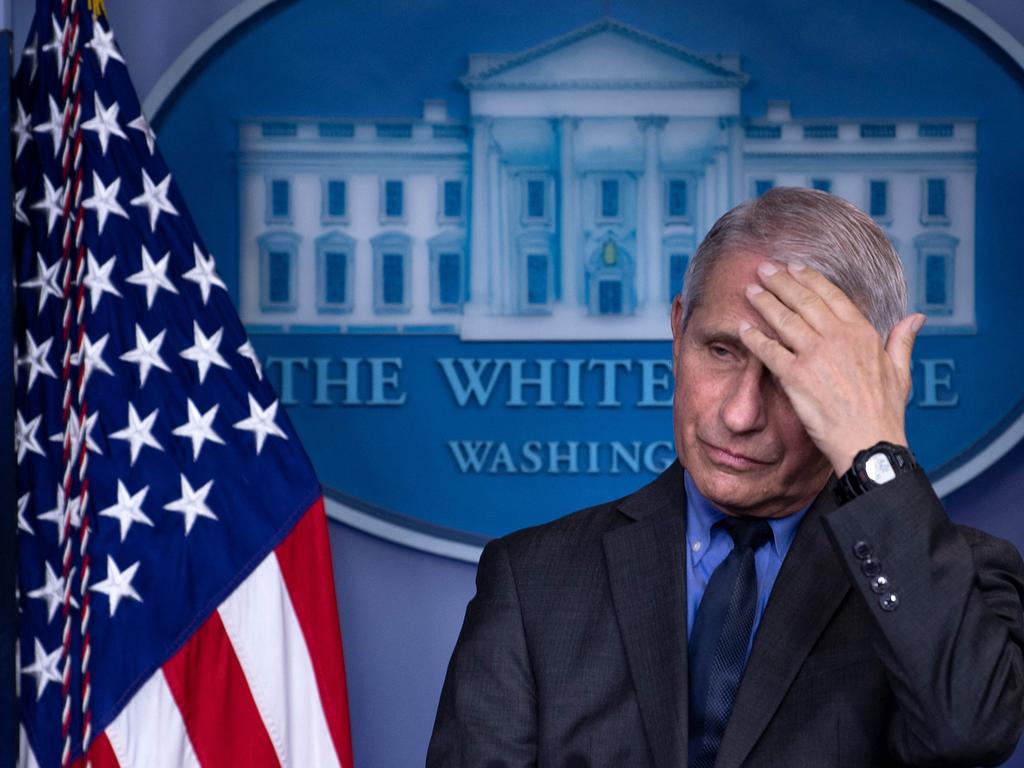




Three years ago this month my life was turned upside down when I suggested in this column we might be overreacting to Covid-19.